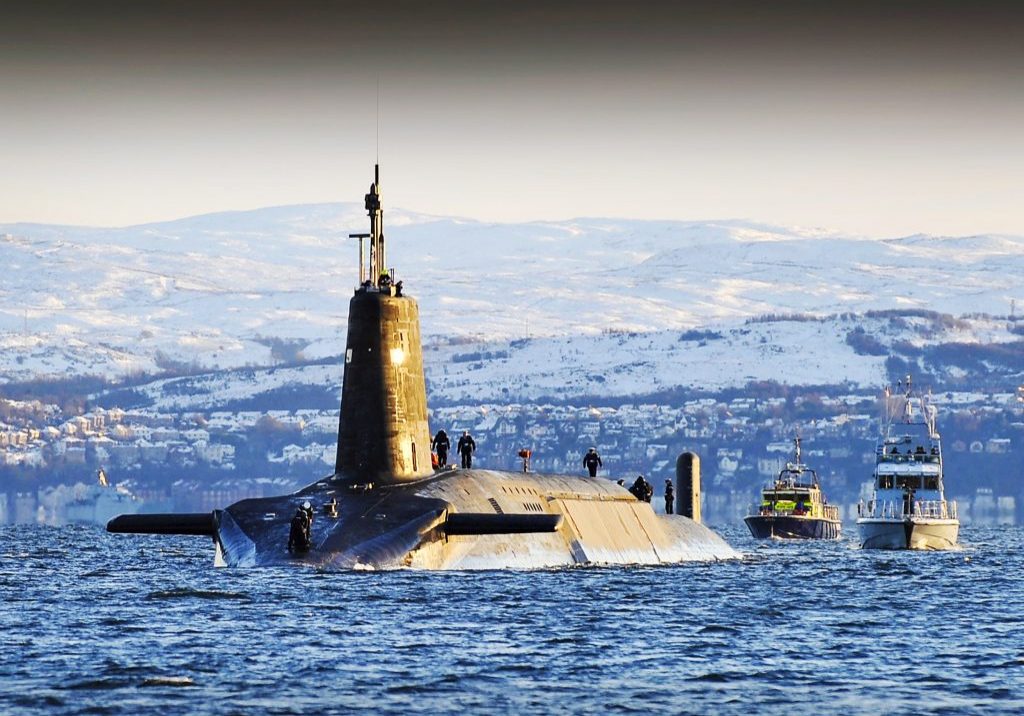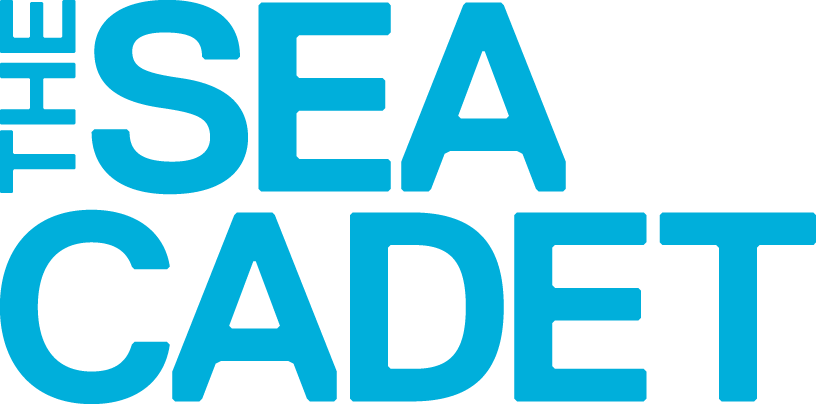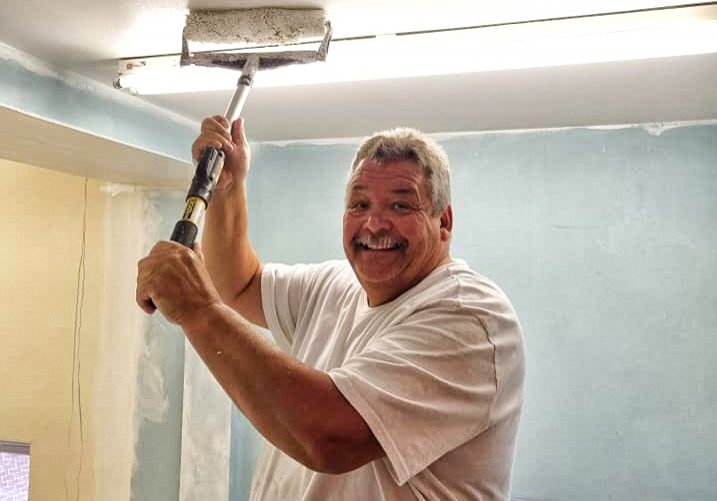Volunteer spotlight: Where to find support
In the next of our series for volunteers, the Growth and Development team explains what help they can provide for units, districts and areas

What is the Growth and Development team?
We are a national team made up of 12 Growth and Development Workers (GDWs) based remotely, providing support across the charity. The team works with units, districts and areas to support growth so that more young people can experience the fantastic opportunities that Sea Cadets provides.
What do GDWs do?
We provide support, training and guidance to empower and enable units to develop and grow. This includes:
- Working directly with units, districts and areas to provide advice, guidance and support for recruitment and retention of volunteers and cadets.
- Delivery of workshops to provide volunteers with the knowledge and skills they need to enable growth.
- Developing resources to aid unit recruitment and retention of cadets and volunteers.
- Supporting the setting up of new services, including new Juniors sections, Royal Marines Cadets detachments and Sea Cadets units/satellite units.
- Providing advice and guidance on school engagement and delivery.

Are there any other ways that GDWs support units?
Units that want to increase volunteer or cadet numbers can find support from the Growth and Development team via a referral. The unit is allocated a GDW to support them in creating a plan and putting it into action. Referrals can be made by completing the form found here.
Where can volunteers find out more?
You can find lots of useful resources and information about the support the team provides to units and volunteers on the Growth and Development pages of the Training & Admin website. You can contact the Growth and Development team at gdw@ms-sc.org.
Case study: Growth and Development in action
Growth and Development Worker Kelly Giblin worked with Woking Unit on a referral basis, to support them with volunteer recruitment. During the referral, Kelly and the unit’s commanding officer worked together to raise the local profile of the unit, with a particular focus on the Royal Marines Cadets.
With support from Kelly, the unit ran a social media campaign and also made links with key local organisations, such as volunteering centres and the Royal Marines Association. The unit also focused on Cadet to Volunteer (C2V) and parent recruitment, running several successful events to encourage parent engagement. As a result, the unit brought in six new volunteers!
More Advice

Careers: How to become a submariner
Ever wondered what it’s like to work underwater? Mechanical engineer Lt. Isobel Rawlinson talks about her role, and rowing across the Atlantic


